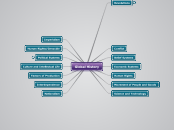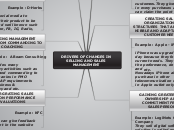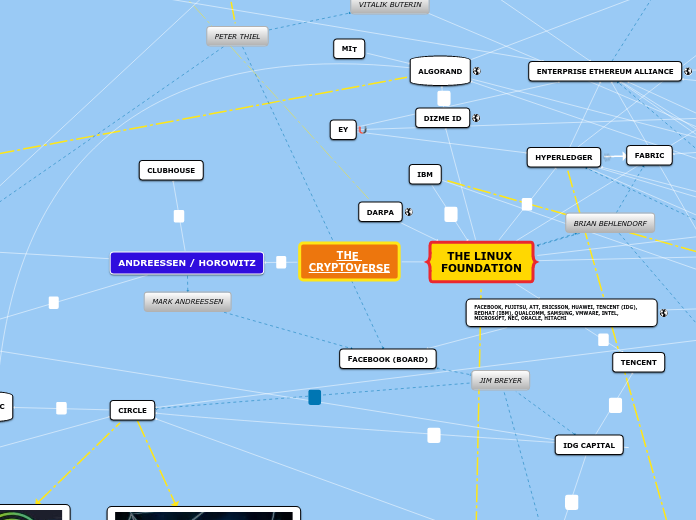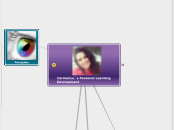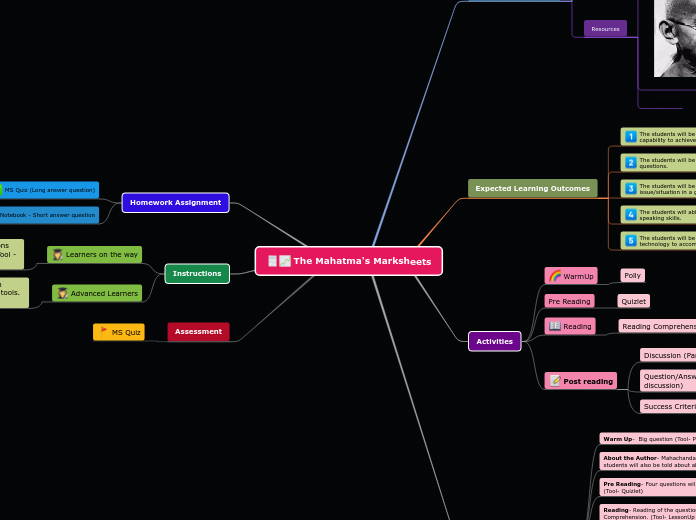Cold War
Global History
Interdependence
Culture and Intellectual Life
Political Systems
Constitutional Monarch
William and Mary
Glorious Revolution
Absolutism
Absolute Monarchs
Oliver Cromwell
Charles I
Ivan the Terrible
Peter the Great
Louis XIV
Philip II
Divine Right
Human Rights/Genocide
Imperialism
Science and Technology
Movement of People and Goods
Human Rights
Economic Systems
Belief Systems
Conflict
Revolutions
Russian Revolution
Industrial Revolution
New Inventions
Economic and Political Progress
Developed Banking
Overseas Trade
Factors of Production
Entrepreneurship
Capital
Labor
Land
Availability of Resources
Natural Harbors
Rivers for Transportation
Iron Ore
Energy
Coal
Water Power
Agricultural Revolution
Crop Rotation
Seed Drill
Enclosure Movement
German Unification
Wars leading to unification
Austro-Prussian War
Franco-Prussian War
Kaiser Wilhelm I
Otto Von Bismarck
Blood and Iron Speech
Realpolitik
Italian Unification
Giuseppe Mazzini
Young Italy
Giuseppe Garibaldi
Red Shirts
Camillo di Cavour
Breakdown of Empires
Ottoman Empire
Russian Empire
Austro-Hungarian Empire
Revolutions of 1848
Russia
Czechoslovakia
Hungary
Revolutions of the 1830s
Areas affected
Poland
Belgium
Italy
France
Greece
Elements of Nationalism
Territory
Religion
History
Culture
Language
Nationality
Latin American Revolutions
Leaders
Bernardo O'Higgins
Don Pedro
Miguel Hidalgo
Jose de San Martin
Simon Bolivar
Toussaint L'Ouverture
Nationalism
American and French Revolutions
Englightenment Ideas
Social Structure
Africans
Indians
Mestizos
Mulattos
Creoles
Peninsulares
Napoleon
Congress of Vienna
Legitimacy
Balance of Power
Metternich
Fall of Napoleon
Exile
2nd Exile
100 Days
Waterloo
Invasion of Russia
Peninsular War
Continental System
Napoleonic Empire
Reforms
Religious Reform
Seized church lands
Concordat
Political Reform
Fired corrupt officials
Merit System
Napoleonic Code
Economic Reform
Loans to businesses
National Bank
New Tax Code
The Reign of Terror
Committee of Public Safety
Robespierre
Legislative Assembly
Conservatives
Moderates
Radicals
Guillotine
Execute King Louis XVI
National Assembly
Limited Monarchy
Declaration of the Rights of Man
Storming of the Bastille
Tennis Court Oath
Causes
Weak Leader
Economic Problems
Enlightenment Ideas
Social Structure - Old Regime
Third Estate
Second Estate
First Estate
Enlightenment
Age of Reason
Changed the way people think about government
Events
Latin American Revolution
French Revolution
American Revolution
Bill of Rights
US Constitution
Federal System
Writing of the Declaration of Independence
Thomas Jefferson
Enlightened Despots
Catherine the Great
Joseph II
Frederick the Great
Music/Art/Literature
Haydn
Beethoven
Mozart
Importance of Individuals
Secularism
People use reasoning to make decisions about how government and society should run
Women's Rights
Religious Freedom
Freedom of Speech
Separation of Powers
Consent of the Governed
Philosophers
Wollstonecraft
Voltaire
Rosseau
Montesquieu
French writer concerned with government and political liberty
Checks and Balances
Prevents any branch of government from becoming too powerful.
Separation of Powers
Power of government is separated into three branches: Executive, Legislative, and Judicial.
Hobbes
Only a powerful government can create a peaceful, orderly society.
People are greedy and selfish
Locke
Philosopher who wrote about government.
Social Contract
People form government to protect their natural rights.
Natural Rights
Rights that we are born with: Life, liberty, and property.
Property
Liberty
Life
Scientific Revolution
New way of thinking about he natural world based on careful observation and a willingness to question.
Ideas
Law of Gravity
Scientific Method
Logical procedure for gathering and testing ideas.
People use observation, experimentation and reasoning to draw conclusions about the world.
7. Repeat steps 1-6
6. State a conclusion
5. Record and analyze data.
4. Experiment to test the hypothesis.
3. Form a hypothesis, or educated guess.
2. Collect information about the problem
1. State the problem
Heliocentric Theory
Theory that the sun is at the center of the universe.
Scientists
Tycho Brahe
Rene Descartes
Mathematician who helped promote the scientific method.
Emphasized human reason.
Isaac Newton
Scientist who discovered laws of motion and gravity.
Francis Bacon
Writer who helped advance the scientific method
Johannes Kepler
Mathematician who proved the accuracy of Copernicus's theory.
Subtopic
Galileo Galilei
Scientist who was foced by the catholic Church to take back scientific ideas that disagreed with the church's view.
Nicolaus Copernicus
Astronomer who said the earth revolved aroudn the sun
Heliocentric Theory
Planets revolve around the sun
Earth NOT center of universe
Polish Scholar
